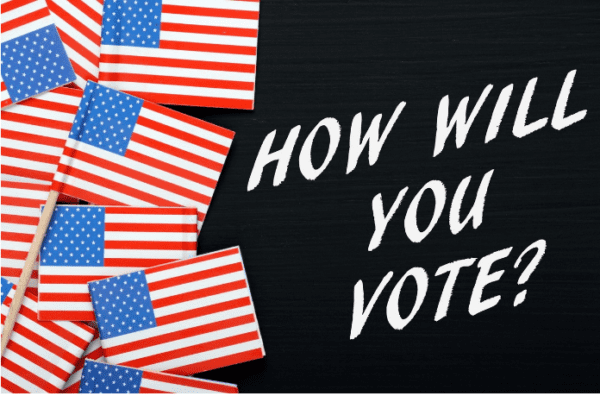
By Edward Henderson, California Black Media
(CBM) – The general election on Nov. 5 is less than four months away.
This year, Californians will vote yes or no on 10 propositions that have qualified for the ballot covering a range of issues from raising the minimum wage to amending the state constitution to ban involuntary servitude as punishment for crimes.
Five of those measures were placed on the ballot by the Legislature and five of them qualified through the initiative process.
Here’s a list of the 10 measures Californians will be voting on in November with an overview of what each one is proposing.
Prop 2 – Issue $10 billion in bonds to fund construction and modernization of public education facilities across the state.
- $8.5 billion would go to elementary and secondary schools. The remaining $1.5 billion would go to community colleges. CSU or UC systems would be excluded from the funding. To qualify for funding, the measure would require school districts to write a 5-yeear facilities school master plan.
Prop 3 – Repeals Proposition 8 and establishes a right to marry.
- This would remove the ban on same-sex marriage from the California Constitution. The ban was added by voters in 2008. However, the United States Supreme Court has blocked the enforcement of the ban since 2013. The amendment would remove the original language in the constitution and change it to “The right to marry is a fundamental right.”
Prop 4 – Issues $10 billion in bonds to fund state and local parks, environmental protection projects, water infrastructure projects, energy projects, and flood protection projects.
- $3.8 billion would help pay to improve drinking water systems and prepare for droughts and floods. $1.5 billion would go to programs preparing for wildfires and $1.2 billion would go to programs combating the rise of the sea level. The remaining funds would be divided up among parks and outdoor recreation programs and climate initiatives.
Prop 5 – Lowers the vote threshold from 66.67% to 55% for local bond measures to fund housing projects and public infrastructure.
- This would change the state constitution to make it easier for local governments to borrow money if they use the funds to build affordable housing or public infrastructure. Local governments, excluding school districts, currently need two-thirds of voters to approve before they can borrow funds.
Prop 6 – Removes involuntary servitude as punishment for a crime from the state constitution.
- This would change the California Constitution to ban forced labor in any form. The constitution currently bans involuntary servitude, or forced labor, except as a punishment for crime. It is common for people who are incarcerated to be required to work and earn less than $1 an hour.
Prop 32 – Increases minimum wage to $18 an hour.
- This would increase California’s minimum wage to $18 per hour. It is currently $16 per hour for most people and $20 per hour for fast food workers. Health care workers will eventually see their minimum wage reach $25 per hour, according to a law Gov. Gavin Newsom signed last year.
Prop 33 – Repeals Costa Hawkins Rental Housing Act.
- This would repeal a state law prohibiting cities and counties from capping rents on single-family homes, condominiums and apartments built after 1995 in an effort to address the state’s homelessness problem.
Prop 34 – Requires health care providers to spend 98% of revenues from federal discount prescription drug program on direct patient care.
- This would permanently allow California’s Medicaid program to pay pharmacies directly for prescription drugs. California started doing this in 2019 after Gov. Newsom signed an executive order allowing the payments. This measure would make it state law. The measure would also mandate that healthcare providers spend almost all the money they get from a federal prescription drug program directly on patient care.
Prop 35 – Permanently authorizes a tax on managed care organizations to fund Medi-Cal programs.
- This would make the state pay doctors more money for treating patients who are covered by Medicaid. Managed care organizations contract with the state to provide these health benefits. The state taxes these organizations to help pay for the Medicaid program. This measure would require the state to use a portion of that tax money to increase how much Medicaid pays doctors.
Prop 36 – Increase drug crime and theft penalties and allow a new class of crime to be called treatment-mandated felony, which gives the offender the option to participate in drug and mental health treatment.
- This would make the crime of shoplifting a felony for repeat offenders and increase penalties for some drug charges, including the death penalty if someone dies as a result of the convicted person’s actions. It also increases penalties for trafficking involving the synthetic opioid fentanyl. The measure would give judges the authority to order those with multiple drug charges to get treatment and to sentence people convicted of trafficking drugs to state prison rather than county jail.

